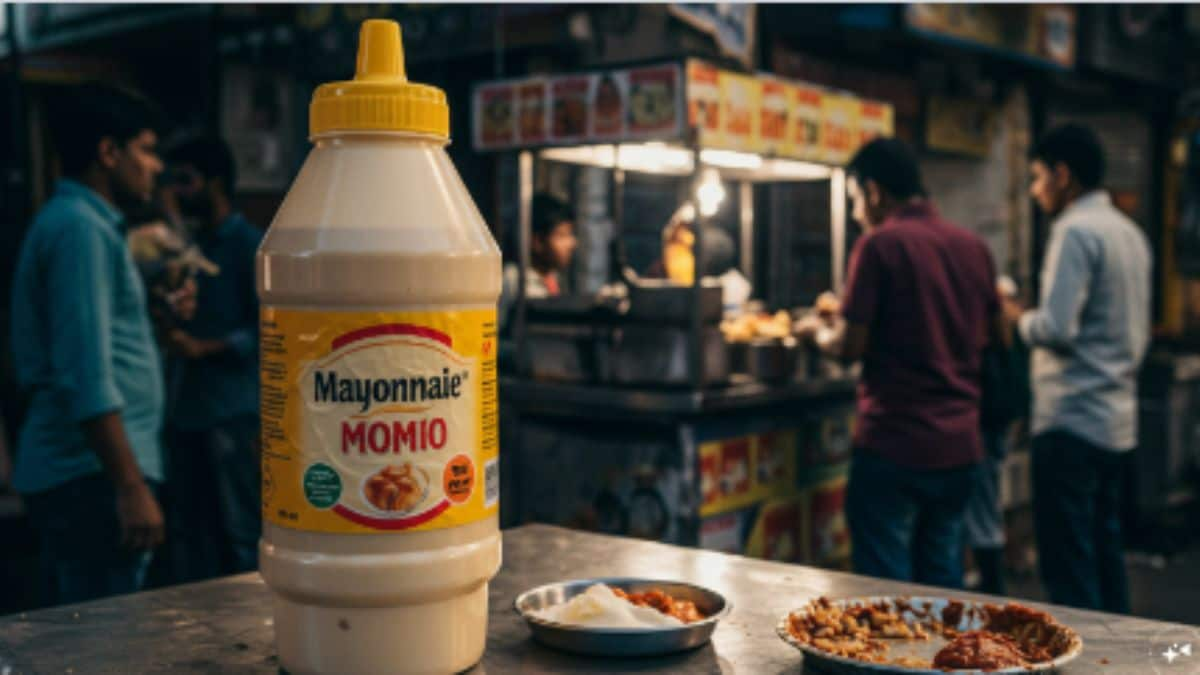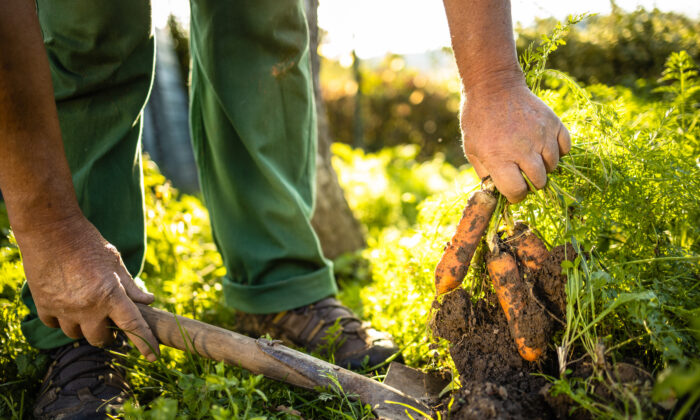Tamil Nadu is the latest state to ban the sale and use of mayonnaise made with raw eggs, citing serious health concerns. The one-year ban, which came into effect on April 8, 2025, applies to restaurants, street vendors, and all food businesses across the state. This move comes just months after troubling reports surfaced from Telangana, where a spate of foodborne illnesses were linked to contaminated egg-based mayonnaise used in popular street foods.
Therefore, a ban is necessary to prevent such outbreaks and improve food safety in public eating spaces, officials say. But what exactly is the problem with egg mayo, and how can it be a health hazard? Here’s what you need to know. In its notification announcing the ban, the Tamil Nadu government described mayonnaise as a “semi-solid emulsion containing egg yolk, vegetable oil, vinegar, and other seasonings”.

At its core, mayonnaise is made from three simple ingredients—oil, egg yolk, and an acid like lemon juice or vinegar. The process begins by blending egg yolks and seasoning with oil to create a thick, pale yellow sauce. A small amount of acid is usually added at the end to balance the flavour.
The science behind its creamy texture lies in the egg yolk. The proteins in the yolk act as emulsifiers, helping bind oil and water—which normally don’t mix—into a stable blend. Notably, egg yolks themselves contain about 50 per cent water, which helps form the emulsion.
Believed to have originated in 18th-century France or Spain, mayonnaise has evolved into a kitchen essential across the world. In India, it’s commonly used in sandwiches, salads, momos, chicken dishes, and especially shawarma. But it’s not a condiment built for rough conditions.
Experts warn that mayo has a short shelf life and, if not stored properly, can quickly become a hotspot for harmful bacteria. Eggs are known to carry innumerous pathogens, which are usually neutralised in the cooking process (through the application of heat). But mayonnaise uses raw eggs.
The Tamil Nadu government notification said: “mayonnaise made of raw eggs is a high-risk food as it carries a risk of food poisoning ”. Unlike commercial mayonnaise, which uses preservatives such as calcium disodium EDTA and pasteurised eggs (heated to kill bacteria without cooking), egg-based mayo, which is often home-cooked, often uses raw, unpasteurised eggs. This lack of pasteurisation and the absence of preservatives make it more vulnerable to bacterial growth.
This is especially relevant in Indian conditions, where “improper preparation and storage” amid hot and humid weather creates additional risk of contamination by microorganisms”, especially Salmonella and E Coli. Salmonella, a bacterium known to cause foodborne illnesses, can be present in eggshells due to contamination during egg production. According to the US’ Centres for Disease Control (CDC), they are “a leading cause of foodborne illness, hospitalisations, and deaths” worldwide.
Symptoms of salmonella infection include watery diarrhoea, vomiting, and stomach cramps. Whereas, E coli. It can cause not just intestinal infections, but also urinary tract and other systemic infections if it enters the body through contaminated food.
With growing concern over these risks, Tamil Nadu authorities are taking the issue seriously. Food safety officials have asked all eateries, food stalls, and suppliers to stop using raw egg-based mayonnaise immediately. They’ve also warned that violations will lead to strict legal action.
The ban has been enforced under Section 30 of the Food Safety and Standards Act, 2006, which empowers state commissioners to prohibit unsafe food items for up to a year. Consumers are also recommended to check labels or inquire about the ingredients when buying mayonnaise-based items, especially from local eateries and food stalls. Tamil Nadu’s move follows similar steps taken by other Indian states in recent years.
In November 2024, Telangana imposed a one-year ban on mayonnaise after a tragic incident in Hyderabad. A 31-year-old woman died and 15 others were hospitalised after eating momos served with mayonnaise, which was suspected to be the cause. Kerala was the first state in the country to ban raw egg-based mayonnaise.
The decision came in 2023, after a nurse at Kottayam Medical College Hospital reportedly died from food poisoning after consuming al faham, a grilled chicken dish typically served with mayo. In another case from Pathanamthitta district in Kerala, several schoolchildren were admitted to hospital after falling sick from eating shawarma, which was accompanied by mayo. These incidents point towards the growing risks associated with the unregulated use of raw eggs and explain why more states are cracking down on such practices.
With input from agencies.
Health

‘High risk food’: Why Tamil Nadu has banned egg mayo

Tamil Nadu has banned the manufacture, storage, distribution or sale of mayonnaise prepared from raw eggs for a year, beginning April. According to the state's food safety commissioner, food business operators use raw egg to make mayonnaise, which, if not stored properly, is a serious health hazard















